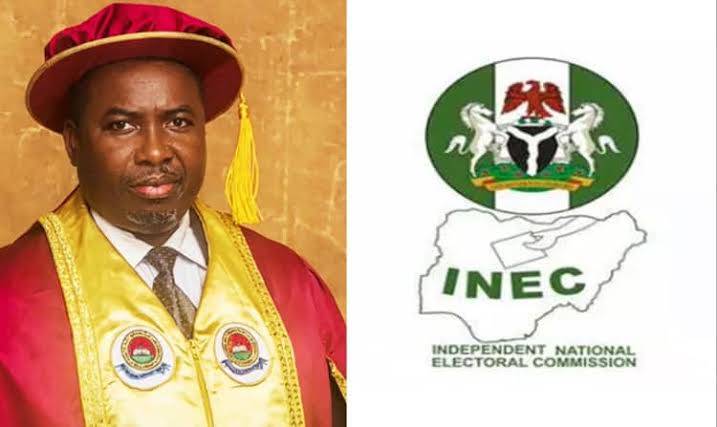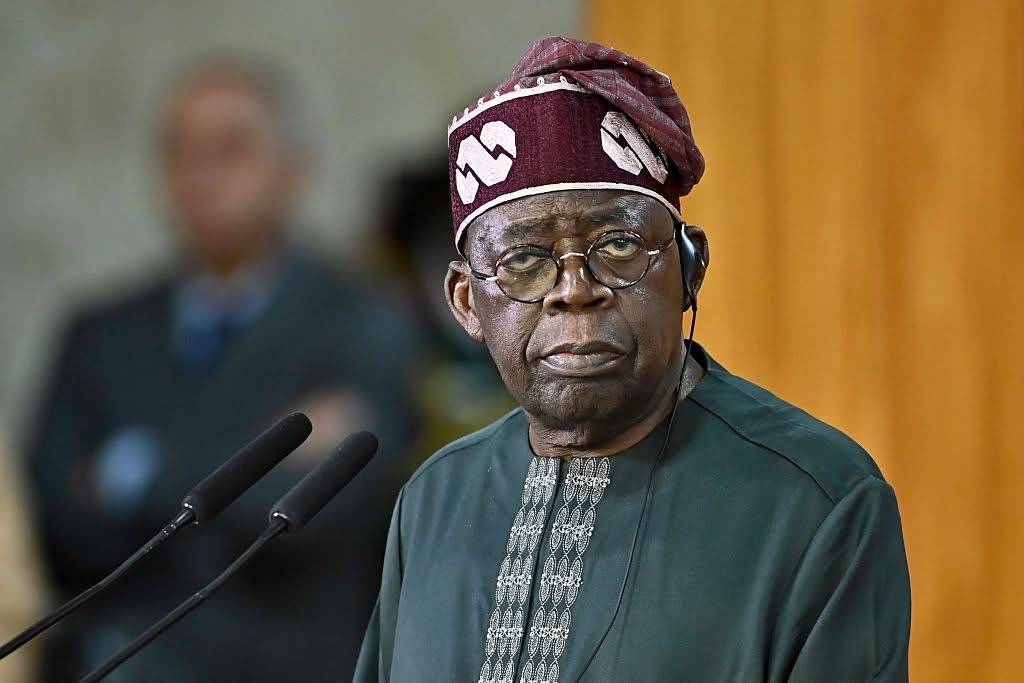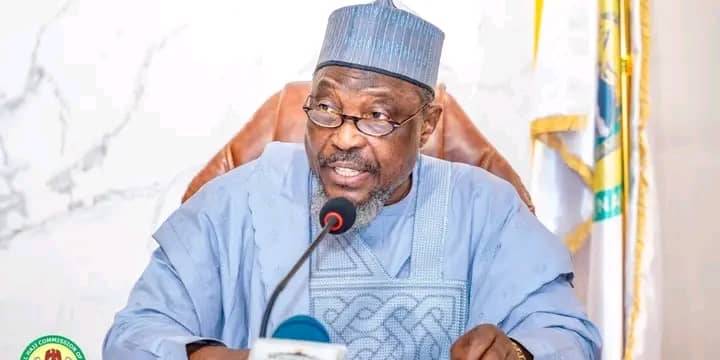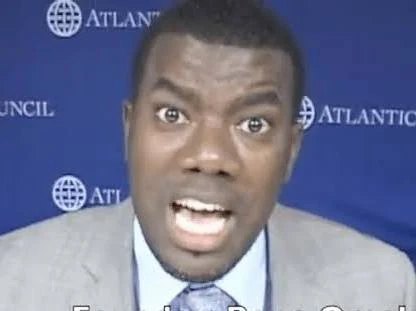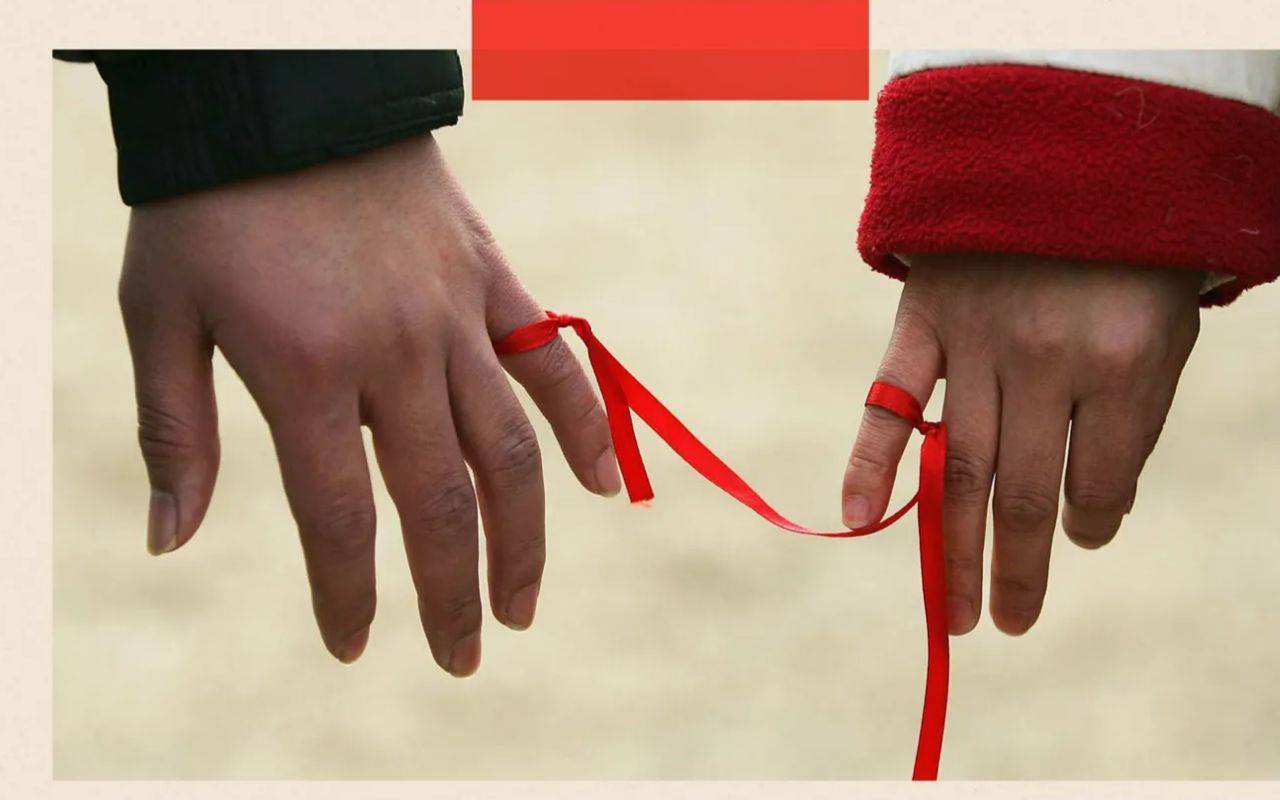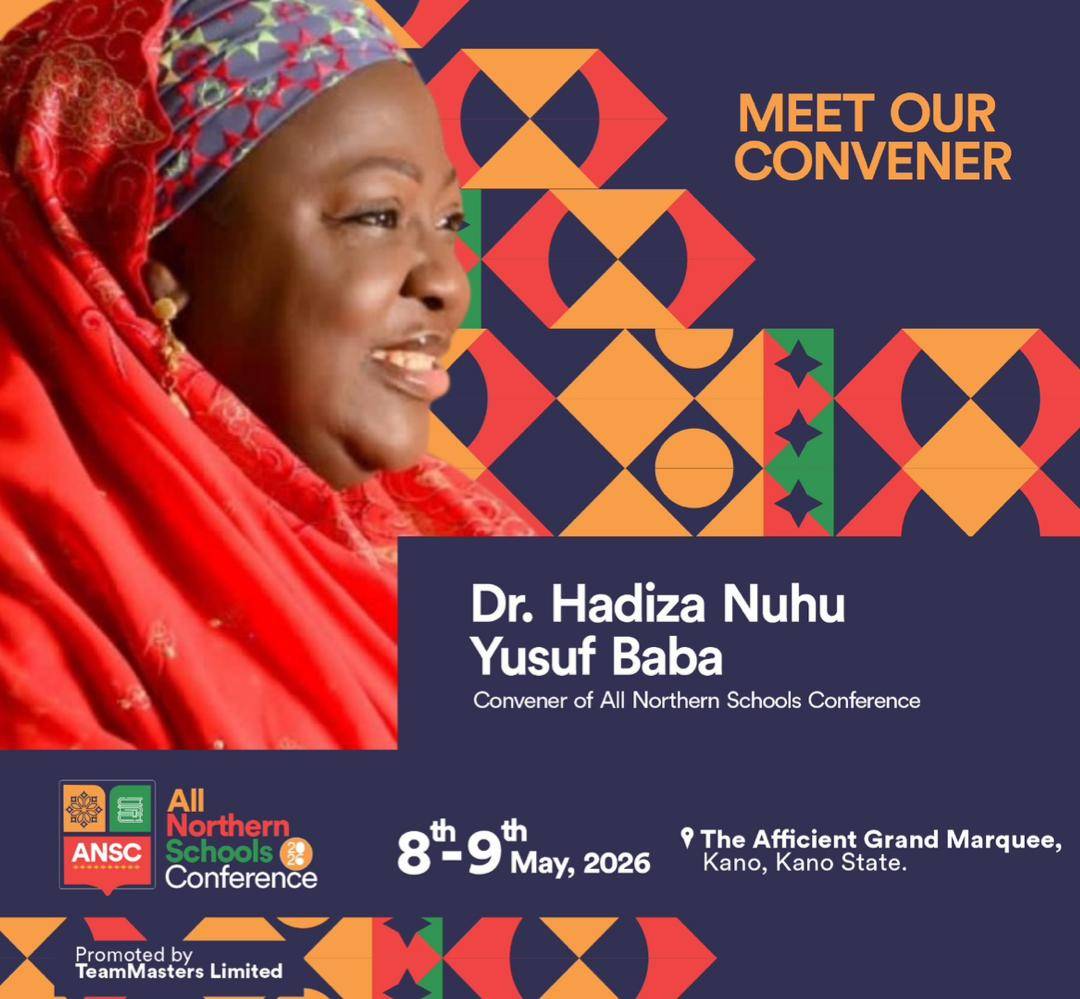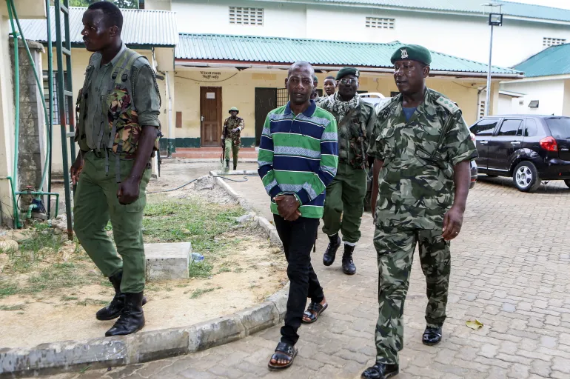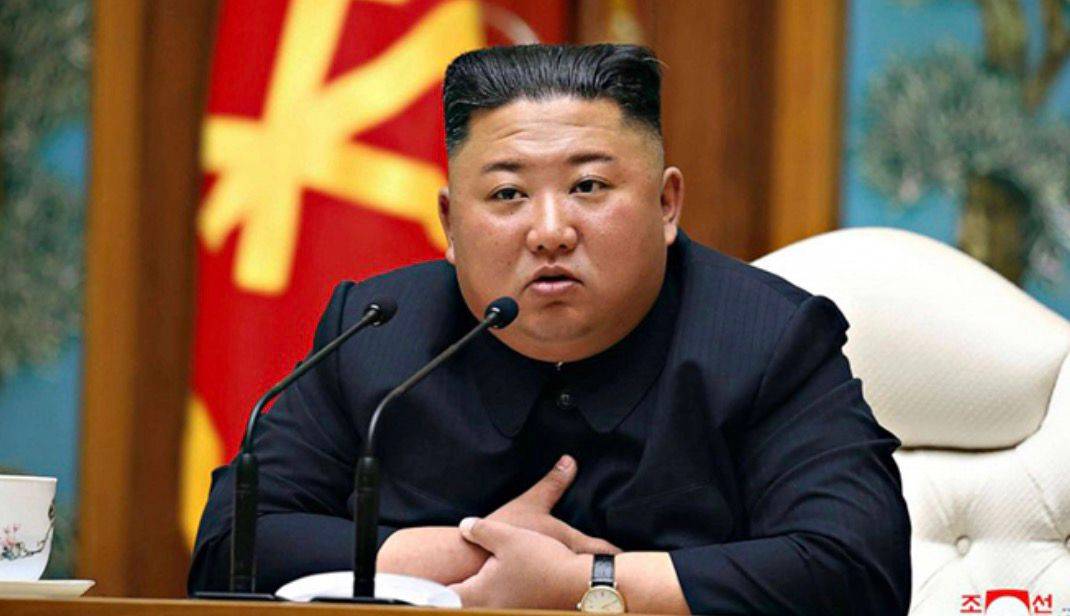THESE are not the best of times for the people and government of Nigeria. The security situations we face as a nation are enough to discourage the people and rob them of their faith in the ability of their government to sustain the Federal Republic against the onslaught of foreign-driven agents of national disintegration.
Unfortunately, all the threats we face germinated from bad governance or even absence of governance.
Where the Islamic culture has, in other climes, produced progressive governance such as we see in the Gulf states, especially the United Arab Emirates, UAE, centuries of negative application of the same in Northern Nigeria have produced a basketful of jihadist terrorist camps.
These include the Boko Haram/Islamic State in West Africa, ISWAP, in the North East; “Bandits” in the North West and land-grabbing pastoralist militants in the Central and Southern zones of Nigeria.
To worsen matters, the government’s policy of extreme nepotism and undue belligerent posture towards the South East has increasingly inclined the erstwhile peaceful Biafra agitators towards violence.
A new, alarming development is the announcement of the rapid spread of Boko Haram in Niger State, one of the adjoining states of the Federal Capital Territory, FCT, Abuja.
This group, suspected to be mainly the late Abubakar Shekau’s nihilistic faction renowned for its preference for school abductions, beheadings and suicide bombings, has been active in the Niger trough for about three years.
The embattled state Governor, Sani Bello, had raised the alarm in April this year that Boko Haram had hoisted its flags in Kaure and Shiroro Local Government Areas.
Today, it is reported that the jihadists have taken over more than 500 communities in the state. These reports have been confirmed by independent sources such as Reuters and the Hudson Institute.
Boko Haram and the “Bandits” which have established track record of hitting military targets, are running riot in Niger State almost unchallenged.
We are firmly convinced that much of our security woes can easily be solved. But it will require a leader who is willing to call a spade by its name, manage our diversity as prescribed by our constitution.
It requires a leadership that will project goodwill towards all Nigerians, and mobilise our military to fight our country’s real enemies, not those contrived by powerful individuals and their cohorts.
Unless the jihadists mustering in Niger State are flushed out, their foreign allies and other international terror networks may see another fertile ground.
Being so close to Abuja and a gateway to the South, the future implications for our country are better imagined than experienced.


